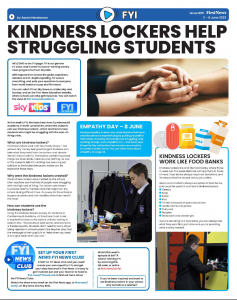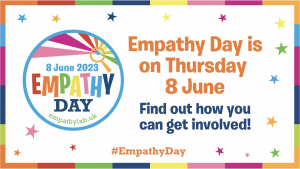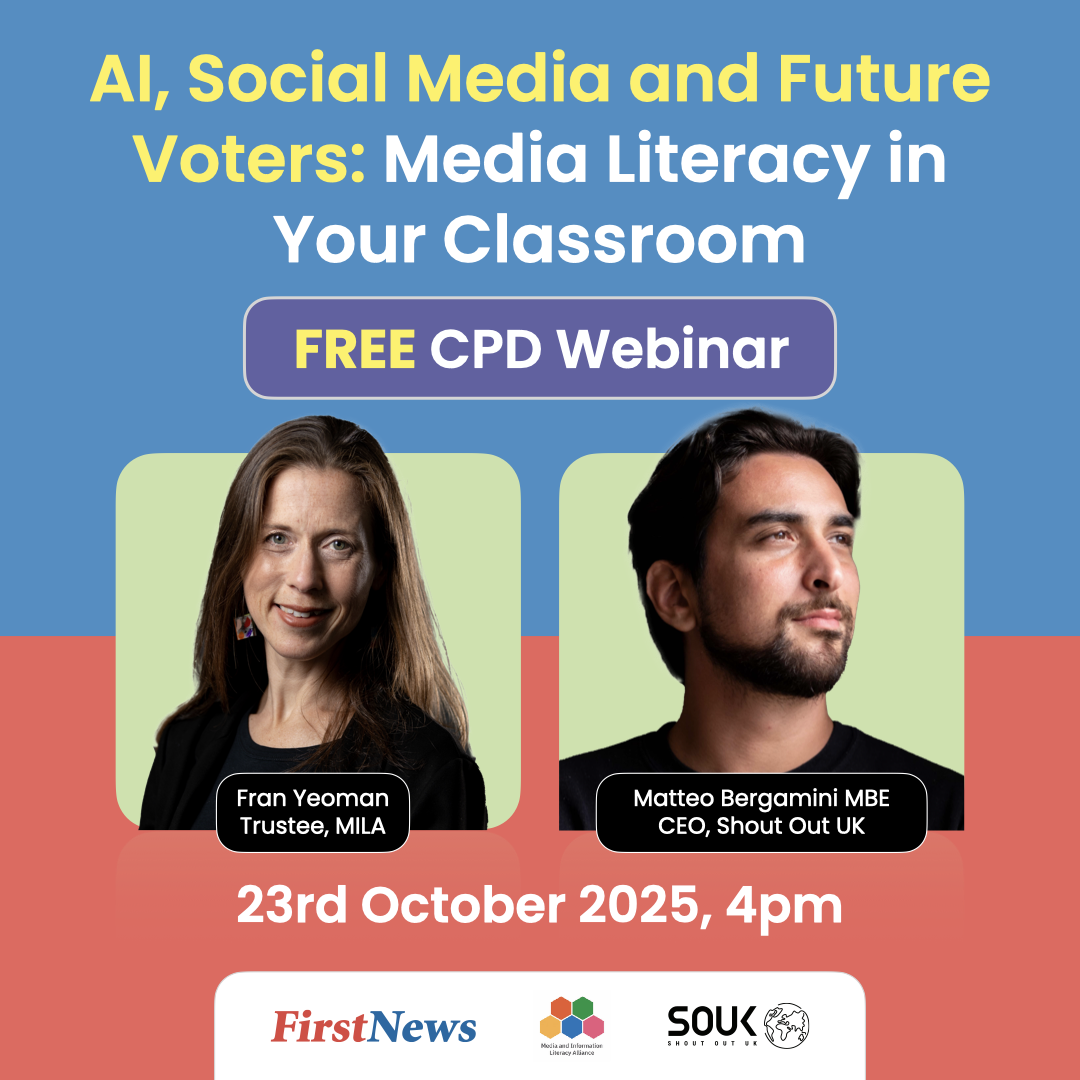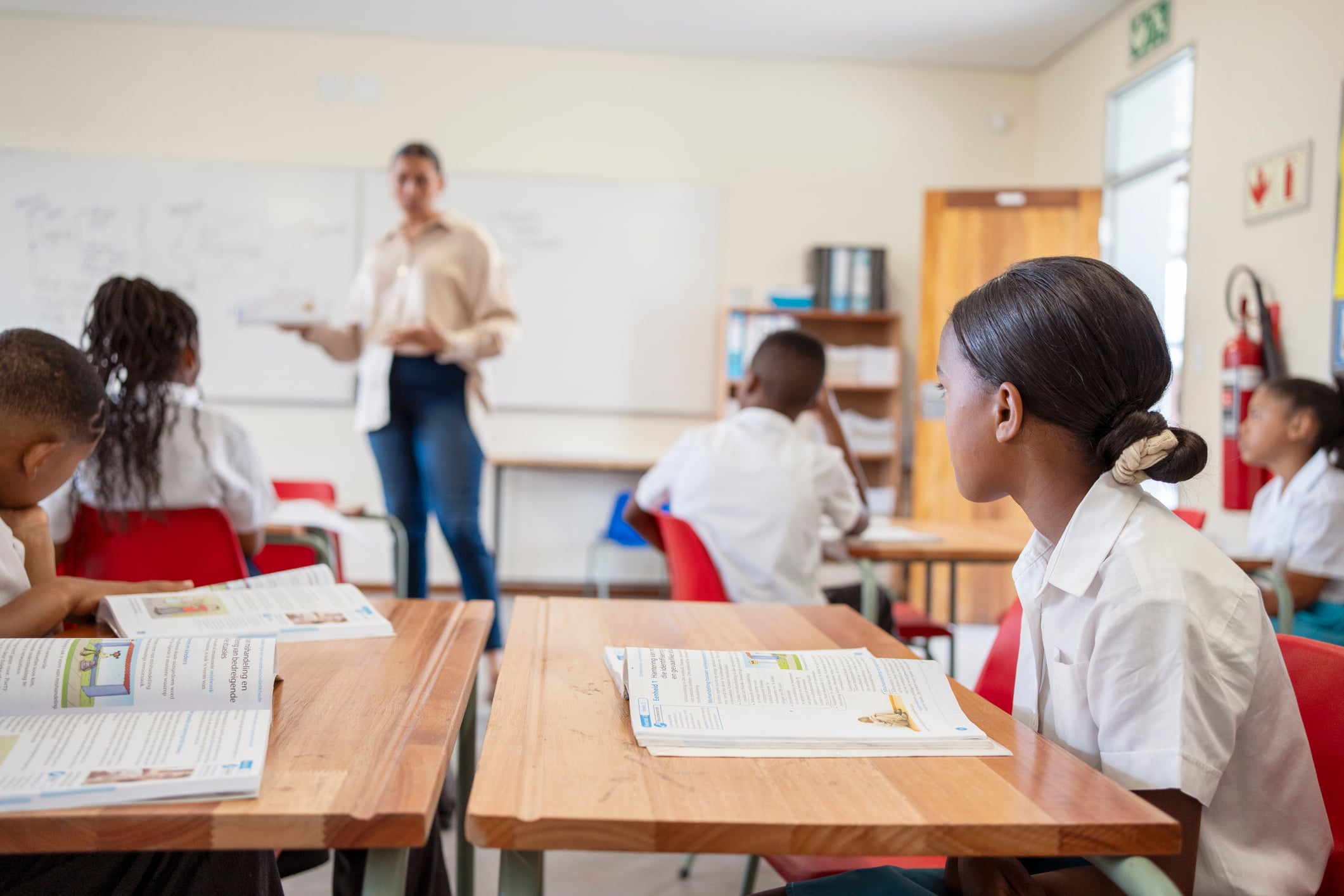5 Ways to Build Empathy Through Reading
Learning Resources
5th June 2023
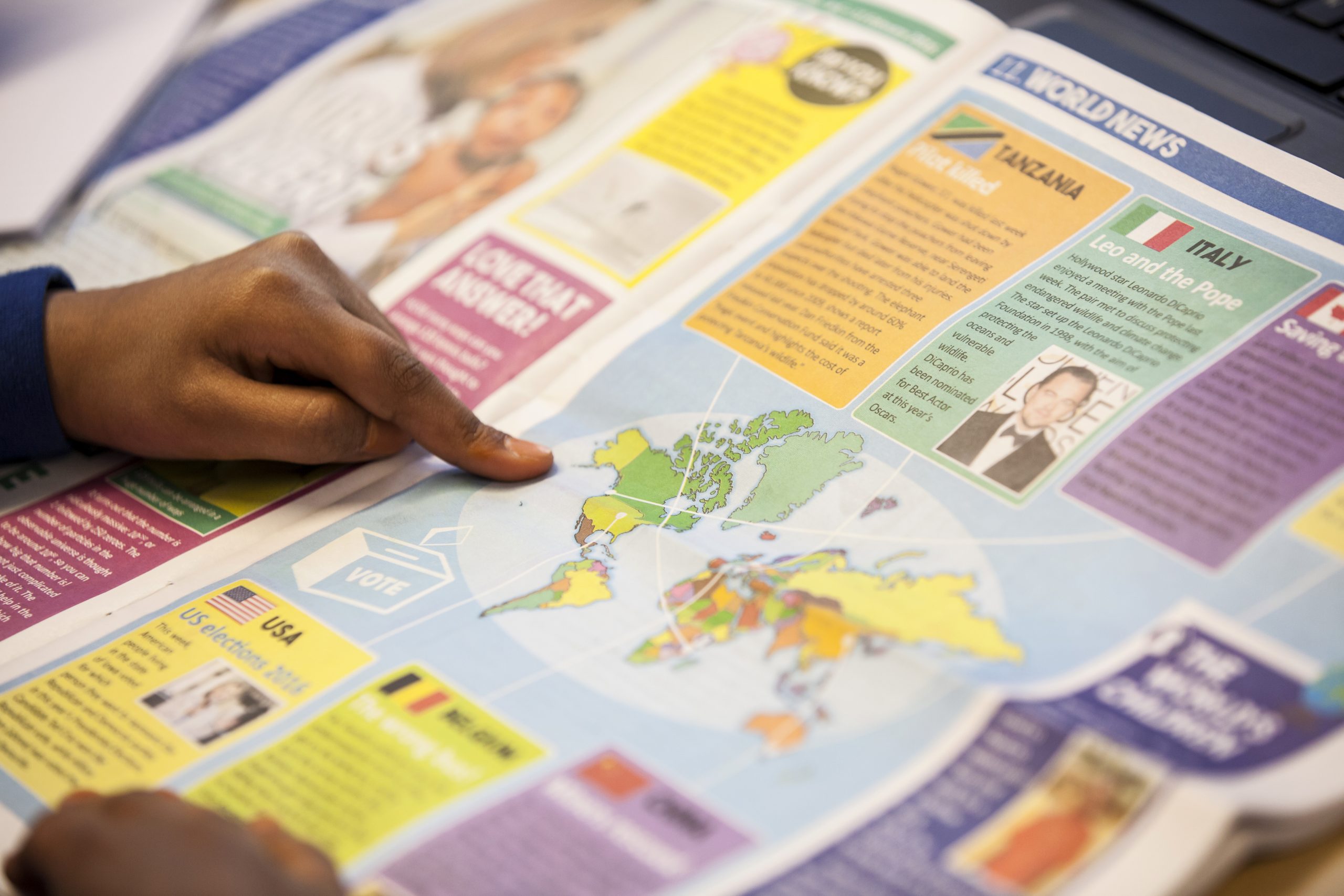
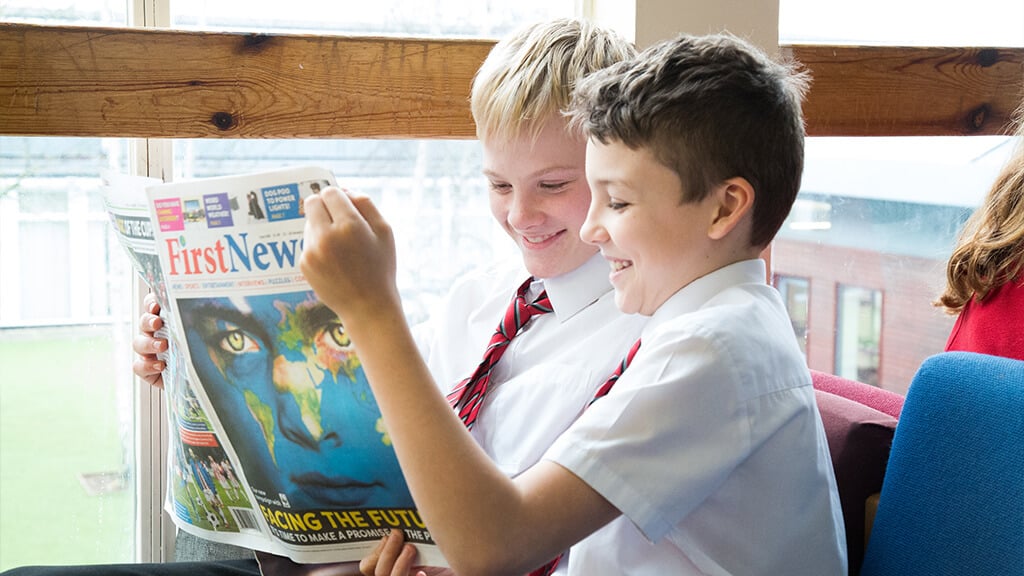
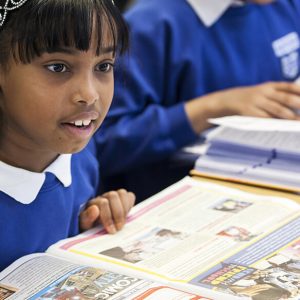
What’s the connection between reading and empathy?
According to research by BookTrust, children who read are more likely to develop empathy and creativity. Stories can offer children a realistic and authentic ‘mirror’ of their own lives and experiences, as well as a ‘window’ to view the experiences of others.
When children are emotionally involved in what they’re reading, they feel connected to, and see their lives as part of, the wider human experience. Plus, children who read texts that offer opportunities to empathise with the characters show increased levels of empathy, especially towards stigmatised groups.
So, how can I build empathy with my class through reading?
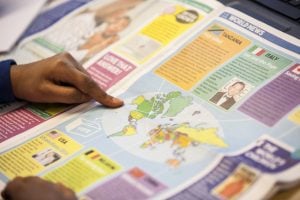
1. Give pupils the chance to explore the world
When students are really engaged, reading can become a door to many different worlds. For pupils who are reluctant readers, or who struggle to engage with longer fiction texts, bitesize non-fiction can be the ideal alternative.
By choosing First News for class reading, your students will get the opportunity to lead their own reading as they encounter serious current affairs reports, written especially for KS2-3, alongside science, nature, sport, gaming and more.
2. Embrace diversity
In Mirrors, Windows and Sliding Doors, academic Rudine Sims Bishop says it is important to remember that diversity ‘needs to go both ways’. As educators, we recognise that children from marginalised groups should be able to see themselves in books, TV and class texts in order to fulfil their potential, but it’s also essential that pupils who are in the majority in their class see and read about people from other parts of the world or from other groups in society.
Speaking about books that feature marginalised groups in a video interview, Bishop says: ‘It’s not just children who have been under-represented and marginalised who need these books, it’s also the children who always find mirrors and therefore get an exaggerated sense of their self worth and a false sense of what the world is like.’
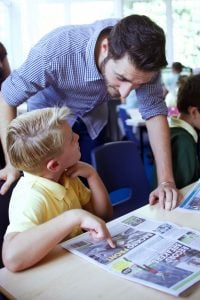
3. Move from text to reflect
After reading, ask your class to relect on what they’ve encountered through a series of questions designed to deepen their comprehension:
- What were the five Ws – who, what, when, where and why – of the chapter or article?
- What new information or idea did you learn?
- Think about the person who was the subject of the text: what had happened to them? How did it make them feel?
- Explain why you came to this conclusion: what parts of the text made you think that? For example, did the writer describe the subject in a particular way? Did the person talk about their emotions?
- Finally, put yourself in their position. How would you feel in that situation?
4. Take action
When students feel empathy towards others, they may well want to support them too. For example, this story from the FYI page of First News issue 885 talks about how students in one school created a ‘Kindness Locker’ scheme for pupils at their school who were struggling.
Why not explore this with your class? Is there someone they would like to help, inspired by what they’ve read?
5. Take part in Empathy Day
Organised by EmpathyLab, Empathy Day helps young people learn more about empathy, and uses books to help them experience its transformational power. It harnesses the power of reading to build real-life empathy, as evidenced by scientific research which shows that we are not born with a fixed quantity of empathy – it’s a skill we can all learn.
On 8th June 2023, Joseph Coelho, current Children’s Laureate and award-winning poet and author, will be launching the Empathy Day LIVE! programme, a digital festival to be beamed into schools around the country, with a special assembly that he recorded in Nuneaton Library, as part of his incredibly exciting Library Marathon, during which Joseph aims to join a library in every UK authority – 209 libraries.
Chris Riddell, the former Children’s Laureate, will also be taking part in Empathy Day LIVE!, by sharing his empathy resolutions.
Backed by over 40 major children’s publishers, Empathy Day has grown significantly in the seven years since its inception and is supported by schools, libraries, families, authors and illustrators across the country.
Inspired by scientific research showing that empathy is a learnable skill and that stories can help us understand each other better, Empathy Day invites children and families to take part in a number of activities that give children the opportunity to practice and develop empathy skills.
ACCESS EMPATHY DAY RESOURCES
Check out the Read For Empathy 2023 Book List
Download free Empathy Day teaching resources
Kate Neilan is a qualified teacher of English and a former Head of Citizenship and PSHE at a large rural secondary school and Sixth Form college in Essex.
Interested in First News?
First News reaches millions of young readers every week, at home and at school. Our age-appropriate news stories and activities spark curiosity, build media and information literacy skills and empower children with the tools to navigate the world.

